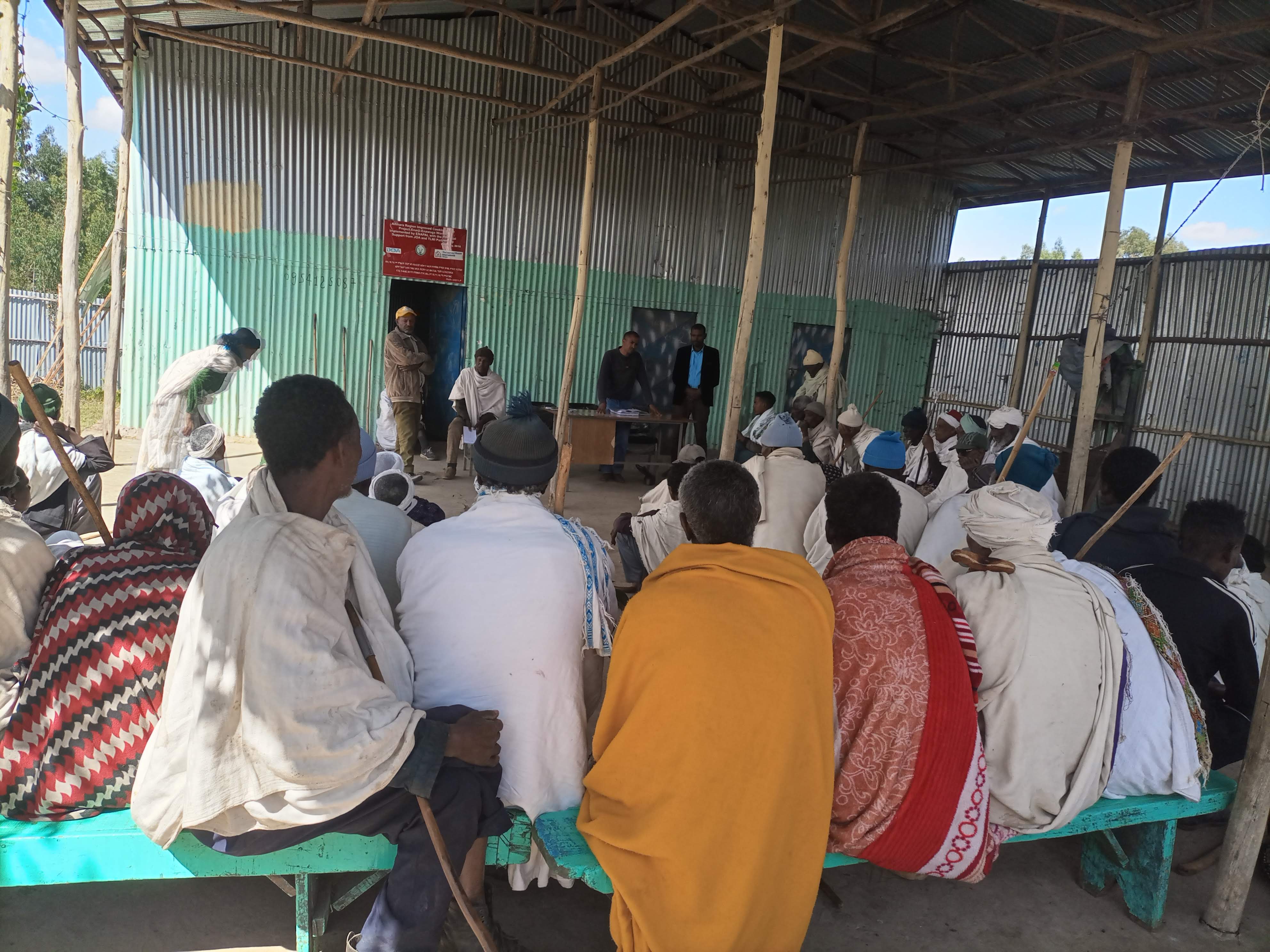Full project tilte:
Assessing the effectiveness of family-based approaches aimed at prevention and sustainable self-management of disabilities, impacting the quality of life, mental wellbeing and participation of people with leprosy, podoconiosis and lymphatic filariasis and their families in the Amhara region, Ethiopia
Project coordination
Ethiopian National Association of People Affected by Leprosy (ENAPAL)
Partners
Debre Markos University
Disability Studies Nederland
Aim: This study aims to assess the effectiveness, longer-term outcomes and sustainability of the family-based approach aimed at prevention and sustainable self-management of disabilities due to leprosy, LF and podoconiosis, impacting the quality of life, mental wellbeing and participation of affected persons and their families in Ethiopia.
Project summary
People with leprosy, lymphatic filariasis (LF) and podoconiosis often experience restrictions in their daily lives, due to their impairments. Most impairments can be prevented when self-management is practised. There have been efforts to formulate self-care groups, in which people meet and support each other on a regular basis. However, the involvement of families in preventing disabilities has received little attention, while this is a much more practical and sustainable approach. In another LRI-funded project, a family-based approach has successfully been piloted among persons affected by leprosy, LF and podoconiosis and their family members in the Awi zone, Ethiopia. This family-based approach consists of awareness raising, disability management and socio-economic empowerment.
In the previous project only the short term outputs and impact of the approaches have been studied in a small sample. Effectiveness of the family-based approach cannot be studied in such a small sample and with a relatively short follow-up time. To date most prevention of disability effectiveness studies have been flawed by failing to use a randomised controlled design. This has resulted in a lack of evidence about the effectiveness of these interventions. To collect credible evidence for this new, previously piloted family-based approach, the current study will use a randomised controlled design. A randomised controlled design is the most rigorous way of determining whether a cause-effect relation exists between intervention and outcomes.
In this three-year study, researchers aim to assess the effectiveness, longer-term outcomes and sustainability of the family-based approach aimed at prevention and sustainable self-management of disabilities due to leprosy, LF and podoconiosis, impacting the quality of life, mental wellbeing and participation of affected persons and their families in Ethiopia. The research question of this project is "how effective is the family-based approach aimed at prevention and sustainable self-management of disabilities due to leprosy, podoconiosis and lymphatic filariasis compared to usual practice and care?"
Impact
The cross-cultural validation of the Beach Center Family Quality of Life Scale among persons affected by leprosy or podoconiosis in Northwest Ethiopia. Aycheh M, Noordende A, Moges N, et al. PLoS neglected tropical diseases. 2023; 17 (10) : 1-15.
